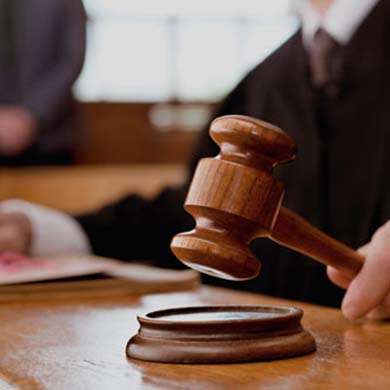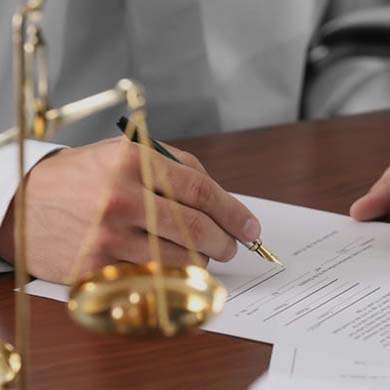File Small Claims Court in Iowa
In the Small Claims Court of Iowa, any individual, business or corporation may bring a small claims suit for recovery of money. Small claims Case is a civil action for a money judgment in which the amount in controversy is $5,000 or less. An action for forcible entry and detainer arising out of a landlord-tenant dispute can be brought in small claims court.

To FILE your case and SERVE the Defendant, the price for this state is$74.95.
Iowa Small Claim Filing
Why do you waste your time energy after a small claim? We are here to take pain for you. We are literate enough about the Small Claims Court System. We will get your claim filed and make you free from worries. We file Iowa Small Claim in the relevant court. We provide proof after the task is completed. Our policy provides individuals and companies peace of mind.
Suing Someone in Iowa Court Or Being Sued?
We, in Iowa Small Claim filing offer in case if you want to file a case against somebody, we can help by:
- Serving Your Small Claims Papers Before The Deadline.
- Serve Your Claim In Proper Legal Way for Iowa Court.
- Fill Your Proof With The Ely Court.


E-Filing Services inIowa
Small Claim Iowa E-file your legal documents to Iowa courts that accept E-Filling on your behalf.
Small Claims For Bad Cheque Or Payment in Iowa
Iowa Small Claim settles all money matters reliably and authentically if you are deceived in money matters.
File Small Claims in Ely For Security Deposit
In Iowa Small Claim, if your former landlord refuses to return the security deposited you paid, we offer our services.
Recent Cases Filed in Iowa Small Claims Court
Iowa Small Claims Filing if Refusing To Pay After A Car Accident
If someone ruins your car in Iowa and refuses to pay for its repair, you can file small claims to recover your car accident damage. Small claims filingprepares all the documents to file a small claim in Iowa court.
Direct Legal Small ClaimService inIowa
We provide full service of handling of writs both state and federal.
Court Filling Small Claim Iowa Services
Throughout Iowa in the small claims, we offer services to accommodate on the same day, next day or routine service.
Who Can Sue Small Claim In Court Iowa?
Those who can claim for Small Claim Iowa are listed below:
- Married Couples can file small claims in Ely court.
- Business Partnerships can also file small claims
- Corporations can file small claims
- Government Agencies can file small claims
- Motor Vehicle Claims can be handled
- Minors can also file small claims in the court of Iowa
- Prisoners can file small claims
- Bill Collectors can also file small claims in Iowa
How Much Does It Cost To File A Small Claim Court, Iowa?
There is a $30 filing fee for a case asking for up to $1500. To claim over $1500, and up to $5,000, there is a filing fee of $50. If your claim is above $5,000, the filing fee is $75. If you file more than 12 cases in a year, subsequent cases will cost $100.



